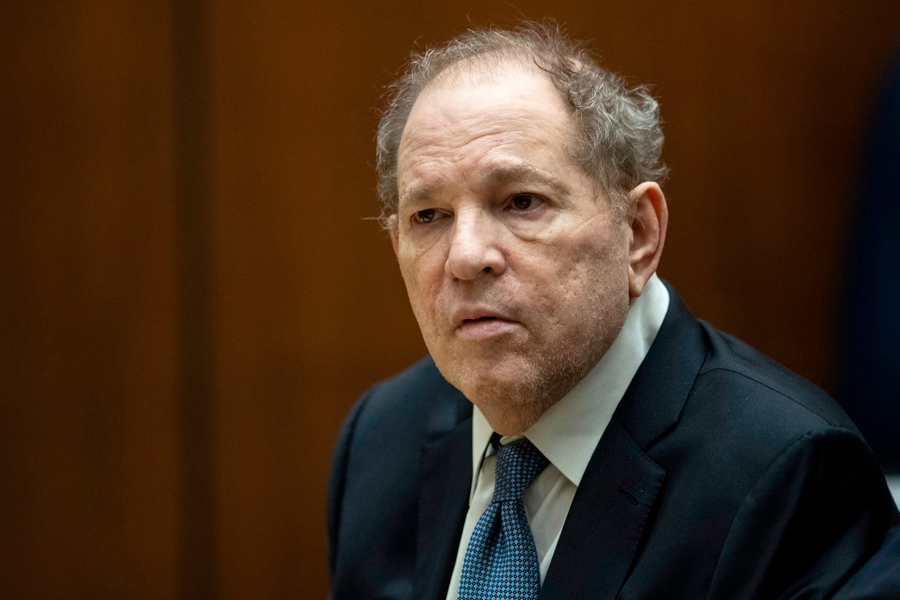Judicial Service Commission kicks off process to look for Katureebe’s replacement as Chief Justice
The Judicial Service Commission (JSC) has kicked off the process to look for the new Chief Justice to replace Justice Bart Katureebe.
Katureebe is set to retire from the top of the judiciary where he has served five years and will be clocking 70 years in June.
Keep Reading
The Constitution states that a person who qualifies for appointment as Chief Justice must have served as a Justice of the Supreme Court of Uganda or a court that has similar jurisdiction for a period not less than 20 years.
The Constitution also states that a person may also qualify for appointment as Chief Justice if he has served as an advocate for not less than 20 years before a court having unlimited jurisdiction in civil and criminal matters.
Addressing journalists on Tuesday, the JSC, Justice Benjamin Kabiito said they are required, to kick off the process, at least six months before the retirement of the incumbent.
“In order to avoid having gaps especially in critical positions in the judiciary like it was five years ago, the recruitment policy is to embark on suitable persons at least six months before the due date of retirement. We have therefore commenced the search and recruitment process for the next Chief Justice,”Kabiito said.
In 2015, there was a situation where Justice Benjamin Odoki who was serving as the acting Chief Justice remained in the position despite clocking the mandatory retirement age of 70 years.
The Judicial Service Commission chairperson said they want to avoid a repeat of a similar situation later this year.
He explained that the process started on January 15 where the commission started receiving applications, adding that it will end on January 31.
Vetting
According to Justice Benjamin Kabiito, they will later underdo a vetting process but noted that the process requires a lot of resources as they have to rely on the Inspectorate of Government (IGG) and other agencies to do background checks on candidates.
He said the problem of limited manpower to vet is doing them a disservice but noted they are in the process of building an in-house capability to be able to carry out vetting of candidates.
“We don’t have manpower and resources to do what we call proper vetting and we rely on IGG and other agencies which has at times not allowed us to get the expected returns because they also have budget challenges,” Justice Kabiito said.
“Our way forward is having an in-house capacity so that we profile judicial and non-judicial officers and persons of interest so that we know them very well . This will enable us to vet you properly.”
Transparency
Many have always claimed that there is no transparency during the recruitment process as undertaken by the Judicial Service Commission but Justice Kabiito said the process is as transparent as possible.
He said in the past, the commission used a system where various stakeholders nominated candidates but noted they phased out that process to introduce one where candidates apply.
“We come out with an advert and willing candidates apply for the position. We go through a shortlisting and consider suitable candidates whose names we send to the appointing authority who chooses one name and then forwards it to Parliament for approval,”Kabiito said.
He noted that the three-layer process ensures only the suitable candidates go through.
He said that in other jurisdictions like Kenya where it was done in the open, the system was phased out for fear of malicious attacks on successful candidates.
“Kenya is also moving away from that system of interview.”

















